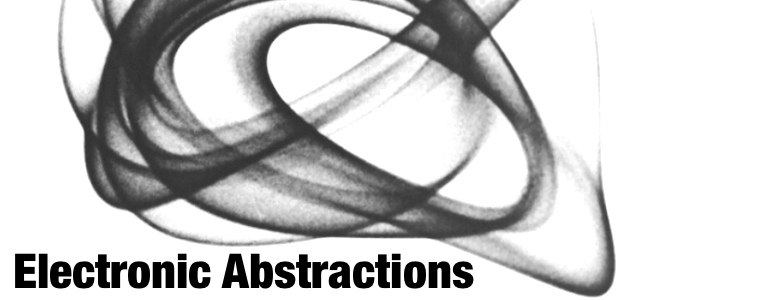The Routledge Social Science Handbook of AI
Edited By Anthony Elliott, Routeledge
Forthcoming, July 13, 2021
392 pages
Pre-order on Routeldge.com : https://www.routledge.com/The-Routledge-Social-Science-Handbook-of-AI/Elliott/p/book/9780367188252
The Routledge Social Science Handbook of AI is a landmark volume providing students and teachers with a comprehensive and accessible guide to the major topics and trends of research in the social sciences of artificial intelligence, as well as surveying how the digital revolution – from supercomputers and social media to advanced automation and robotics – is transforming society, culture, politics and economy.
The Handbook provides representative coverage of the full range of social science engagements with the AI revolution, from employment and jobs to education and new digital skills to automated technologies of military warfare and the future of ethics. The reference work is introduced by editor Anthony Elliott, who addresses the question of relationship of the social sciences to artificial intelligence, and who surveys various convergences and divergences between contemporary social theory and the digital revolution.
The Handbook is exceptionally wide-ranging in span, covering topics all the way from AI technologies in everyday life to single-purpose robots throughout home and work life, and from the mainstreaming of human-machine interfaces to the latest advances in AI, such as the ability to mimic (and improve on) many aspects of human brain function.
A unique integration of social science on the one hand and new technologies of artificial intelligence on the other, this handbook offers readers new ways of understanding the rise of AI and its associated global transformations. Written in a clear and direct style, the Handbook is will appeal to a wide undergraduate audience.
Table of Contents
Part I: Social Science Approaches to Artificial Intelligence
1. The Complex Systems of AI: Recent Trajectories of Social Theory
Anthony Elliott
2. Geographies of AI
Thomas Birtchnell
3. Artificial Intelligence and Psychology
J. Michael Innes and Ben W. Morrison
4. AI in the Age of Technoscience: On the Rise of Data-Driven AI and its Epistem-Ontological Foundations
Jutta Weber and Bianca Prietl
5. Work, Employment and Unemployment After AI
Ross Boyd
6. Affects After AI: Sociological Perspectives on Artificial Companionship
Michaela Pfadenhauer and Tobias Lehmann
7. Anthropology, AI and Robotics
Joffrey Becker
8. Ethics of Artificial Intelligence
Vincent C. Müller
9. Human-Machine Interaction and Design Methods
Naoko Abe
Part II: Fields of Artificial Intelligence in Social Science Research
10. Management and Organisation in the Age of AI
Roman Batko
11. Ambivalent Places of Politics: The Social Construction of Certainties in Automated Mobilities and Artificial Intelligence
Sven Kesselring and Carolin Schönewolf
12. Smart Environments
Maja de Neergaard and Malene Freudendal-Pedersen
13. Models of Law and Regulation for AI
Nicolas Petit and Jerome De Cooman
14. Artificial Intelligence and Cyber-security
Matteo E. Bonfanti, Myriam Dunn Cavelty, and Andreas Wenger
15. Lethal Autonomous Weapons Systems
Frank Sauer
16. AI and Worldviews in the Age of Computational Power
Massimo Durante
17. Technogenarians: Ageing and Robotic Care
Eric L. Hsu
18. Big Data and Data Analytics
Jo Bates
19. AI, Culture Industries and Entertainment
Sam Han
20. AI, Robotics, Medicine and Health Sciences
Norina Gasteiger and Elizabeth Broadbent
21. AI, Smart Borders and Migration
Louis Everuss

